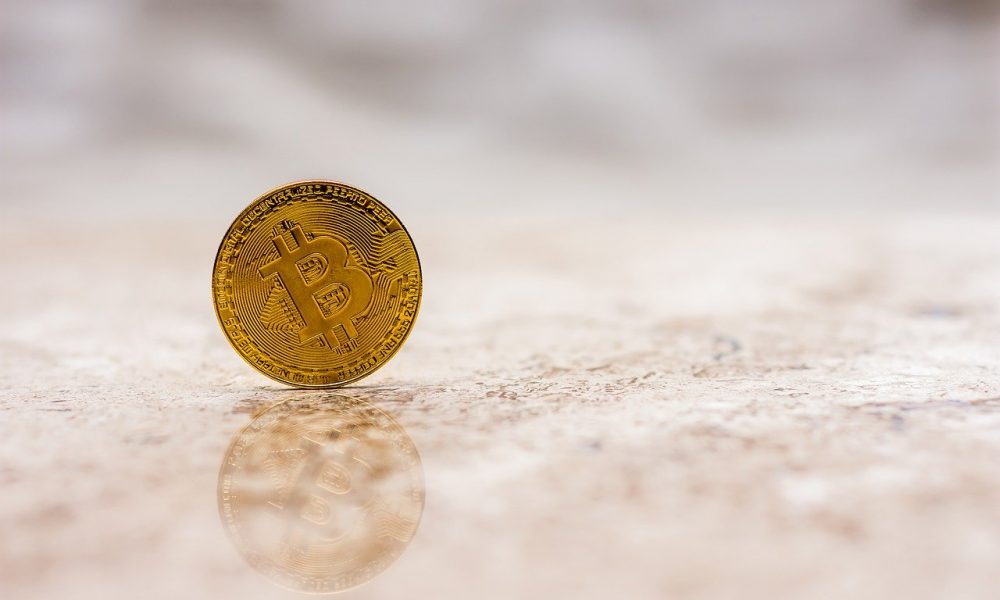
Twitter, the social media platform that substitutes for Presidential proclamations these days, was hacked a few days ago, with a host of accounts hijacked to promote a Bitcoin giveaway scam of sorts. This wasn’t the first time someone has hacked into a Twitter account. However, what caught the eye of news media across the world was the selection of high-profile victims like Elon Musk and Barack Obama.
It also caught the eye of many in the crypto-community, most of whom were on the guard and on their toes waiting for their own accounts to be hacked into. When the threat of the hack passed, however, these people seemed to relax and threw caution to the wind. After all, it was Twitter that got hacked, not Bitcoin, they said.
Some others, in a strange way, were able to see the bright side of this whole episode. In fact, one of these argued,
Somebody who hacked the most important social platform in the world only wants #Bitcoin.
How’s that for a headline?
— Panic! (@panicfomo) July 15, 2020
The thought process here, I gather, is that any publicity is good publicity. Even if it’s negative publicity. Is it though? What does publicity count for when it’s too busy hurting the credibility of an asset class that is as new as Bitcoin and cryptocurrencies? Many in the community, it seems, are failing to understand that, which is why their reactions post-hack are startlingly underwhelming.
A game of perceptions
To a casual reader of mainstream media, the latest episode has just perpetuated existing perceptions about the cryptocurrency market. Since its use on the darknet marketplace Silk Road, the market has long tried to shake off the notion of it being linked to criminal activities.
Just check out how the BBC covered this development – Major U.S Twitter Accounts hacked in Bitcoin Scam. Bitcoin Scam. Despite the fact that the cryptocurrency’s involvement was merely incidental, it took center stage in the headlines of most major media outlets.
Think about it – When most scams are covered, the spotlight is usually on the platform or the source of it. SIM-card swap scam, Port Authority scam, and whatnot. But, has any of the coverage of such episodes singled out the currency in question? Nada. This suggests that the latest development gave mainstream media an excuse to double down on its perception of cryptocurrencies, something not helped by many in the crypto-community reveling in the eyeballs Bitcoin got.
It is not hard to see why this isn’t an easy perception to have. After all, in the month of July alone, a cryptocurrency with no in-house development or intrinsic value, Dogecoin, saw its value pump exponentially on the back of a TikTok video and an Elon Musk tweet, something that did little to shake off the Wild Wild West image of the market.
Thus the question arises – Can this mainstream perception change? It’s possible, but it would also seem that the crypto-community in some of its efforts isn’t doing much good either.
Half-hearted efforts?
Consider this – Over the past few years, Bitcoin is being increasingly seen as an investment, which is why it is often treated as one in print. This has contributed to the growing entry of the HODLing class in the Bitcoin market, users who are more interested in making gains on their investment over any importance they might attack to the intrinsic value of the cryptocurrency.
In fact, it can also be argued that the crypto-community’s disdain for other markets and platforms hasn’t really done it any favors either. Just check out OKEx CEO Jay Hao’s reactions following the Twitter hack. While most were still digesting the scope of the attack, Hao was quick to point out that centralized platforms like Twitter will always be vulnerable to attacks such as this. Now, there’s a time and place for everything, and Hao chose wrong to make a point that will do little to minimize crypto’s perception as something strange and wild.
Here, it is pertinent to highlight Dan Held’s recent comments on a podcast. The Kraken exec had claimed that Bitcoin needs to break out of its echo chamber because as of now, it is only being marketed and presented to Bitcoiners who speak a common, technical vocabulary that is not perceptible to outsiders who may be interested in it.
There is some truth to this because, despite the fact that cryptocurrencies have noted increasing name recognition over the past few years, adoption hasn’t really corresponded to it, even if the latter’s statistics have improved for certain demographics. This suggests that still, cryptocurrencies as an asset class do not enjoy the same confidence as other assets like real estate or gold.
In light of all these factors, do you think Bitcoin, and by extension, cryptocurrencies’ credibility is likely to improve after this stunt? I think not. Podcaster Peter McCormack said it best,
Bitcoin scams are good for Bitcoin like school shootings are good for guns.
— Peter McCormack (@PeterMcCormack) July 16, 2020
The post appeared first on AMBCrypto






